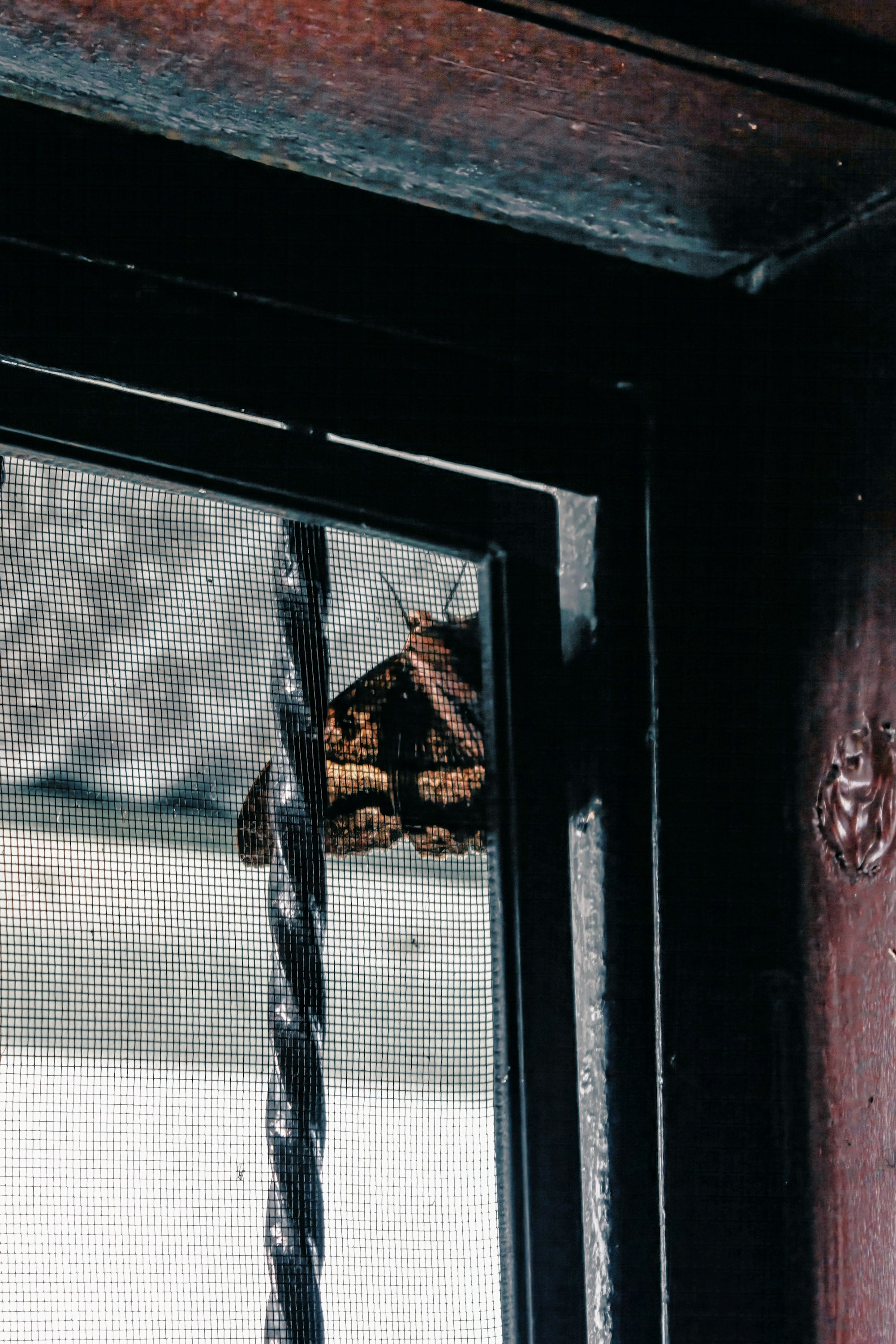Adam Zagajewski, "Moths"
The poem excels at creating unease in a situation which typically denies it even exists.

You're going to want to read this Garbage Day titled The "Amen" spam conquered Facebook. That's literally what happened. People are repeatedly saying "Amen" on posts by a Facebook page called "Catholic Fundamentalist," making it absolutely dominant on Facebook:
Catholic Fundamentalism first came to our attention in September, when the single most popular link on the platform for that month was “Do Catholics find ‘Life’ by being pleasing to God? The Psalms tell us! #17.” The page linking the post had 409,000 total interactions in September. For scale, the Associated Press obituary for Jimmy Buffet had 356,000 interactions over the same time.
Our social media saturated world is certainly a strange one. I don't feel this sort of thing is an anomaly, though. Mindlessness rises to the top because there's a lot of money in showing ads right next to it. It's going to get worse, too. The plan is to create news anchors generated with AI. I'm not too worried about them being lifelike. Rather, I suspect endless reruns of failed reality shows and procedurals are about to look like Richard Feynman lecturing on physics.
One more link, courtesy my mom (h/t Mom) who saw it in The New York Times. Who Are You Calling "Delulu?" is worth thinking about. According to the article, the term is about "manifesting" what you want through "sheer will." What struck me was the relation between its origin and how it is used right now. It started by noting how confident K-pop fans were because they felt like they related to K-pop stars. That level of delusion has become shorthand for what it takes to become a successful content creator yourself.
Adam Zagajewski, "Moths"
Until I started teaching, I did not pay appropriate attention to families who wholeheartedly believed they could do no wrong. Who held every ritual and gathering to be good for everyone as well as sacred. I didn't realize, say, how much courage a sibling needed to recognize another's pain. Or how much a toxic authority figure would do to establish their emotions as the only ones worthy of respect.
Zagajewski's "Moths" brings this scenario and its incredibly complicated emotions into relief. You can imagine yourself and those you love "[s]eated at the table," enjoying or pretending to enjoy each other's company. The hint not all is well comes from the moths staring at "us through / the window." They skewer through "their lambent gazes;" their wings, their flitting about, are "shattering." The sense of judgment and exclusion is unavoidable.
Moths Adam Zagajewski (tr. Renata Gorczynski, Benjamin Ivry, C.K. Williams) Moths watched us through the window. Seated at the table, we were skewered by their lambent gazes, harder than their shattering wings. You’ll always be outside, past the pane. And we’ll be here within, more and more in. Moths watched us through the window, in August.
The poem excels at creating unease in a situation which typically denies it even exists. Thing is, there are plenty of reasons to disown discomfort. There's good food, shared stories, service to each other. Togetherness not only suggests optimism, it seems unassailable. Anyone not there, one might believe, has excluded themselves.
I didn't know until recently how seductive a picture this is. Families turned inward, or in the words of the poem, "more and more in." The last stanza points to the profound loss entailed:
You’ll always be outside,
past the pane. And we’ll be here within,
more and more in. Moths watched us
through the window, in August.
Those we exile for the sake of the perfect household are "always... outside, / past the pane." What I'm floored by at the moment is the thought of teenagers or real housewives aficionados saying things like "you're dead to me." That's a pale shadow of what Zagajewski evokes here. There's a tremendous violence in pushing your family or friends out of your life, one not unlike the death of someone beloved. The moths don't just stare at those dining. Attracted to the light, they too flicker. It's as if life from another realm wants to visit, but we're "more and more in."
For a few people I've known, the realization that family doesn't have all the answers takes years to process and work with. I can imagine how difficult it is. I'm continually discovering reactions and tendencies not grounded in my own experience, but borrowed from someone else's idea of what is good. I guess the final irony "Moths" alludes to is being an exile within oneself. "More and more in" does not mean a process of self-discovery.
